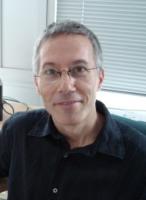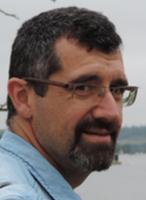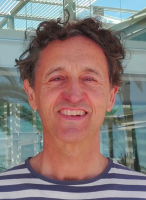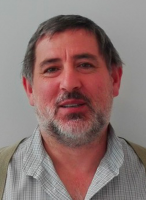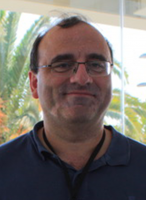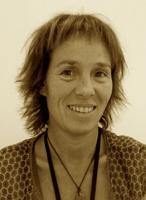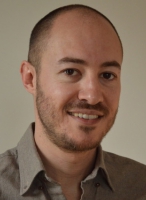The Spanish National Research Council (CSIC) is the largest public institution dedicated to research in Spain. Belonging to the Spanish Ministry of Economy and Competitiveness through the Secretary of State for Research, Development and Innovation. Its main objective is to foster, coordinate, develop and promote scientific and technological research, of a multidisciplinary nature, in order to contribute to advancing knowledge and economic, social and cultural development, as well as to train staff and advise public and private entities on this matter. It more than 13,000 employees, among these 3,300 are permanent researchers and about 4,300 are pre- and post-doctoral researchers. The CSIC has 71 institutes or centres distributed throughout Spain and 54 Joint Research Units with universities or other research institutions, and a delegation in Brussels. CSIC provides services to the entire scientific community through management of the Singular Scientific and Technological Infrastructures (ICTS).
The Institute of Marine sciences belongs to the CSIC and is the largest marine research center in Spain and one of the most important in the Mediterranean region. It is entirely devoted to the study of oceans and seas. The Institute’s long experience and a team of over 200 specialists in different fields of oceanographic research (physics, chemistry, geology and biology) give the ICM a broad vision of the marine ecosystem, and the ability to assess changes and human impacts on the environment and seek appropriate solutions.The ICM is constituted by four departments: 1. Marine Biology and Oceanography 2. Marine Geosciences 3. Physical and Technological Oceanography 4.Renewable Marine Resources.The researchers of these departments take part in national and international projects and in oceanographic surveys in almost all the seas and oceans of the world.
The members of the Coordinating group have both, scientific publication activity and an intense dissemination activity about energy, resources and sustainability, with frequent appearances in press, radio and TV, aside more than 50 talks per year for stakeholders or institutions. A. Turiel’s blog (http://crashoil.blogspot.com) with more than 4.4 million of viewed pages is a reference webpage on the project subject in Spanish. All the members of the Coordinating team belong to the Oil Crash Observatory, a charity that they contributed to create to foster the visibility of the problems described above.

